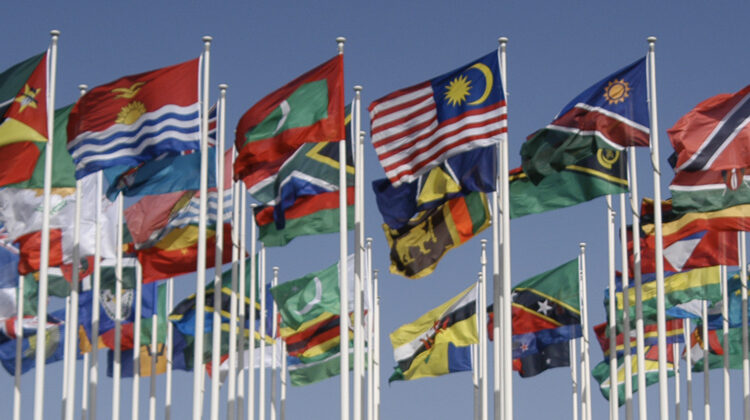The Commonwealth of nations has appointed Ghana’s foreign minister, Shirley Ayorkor Botchwey, as the organization’s new secretary-general during a contentious summit that concluded in Samoa on Saturday. This voluntary association primarily consists of former British colonies.
Botchwey was one of three candidates competing for the position, all of whom supported calls for Britain to address its colonial legacy and the impacts of slavery. A former lawmaker, she has served as foreign minister for the past seven years, notably guiding Ghana’s two-year term on the UN Security Council, which ends in December 2023. She has advocated for a free trade agreement among Commonwealth member states and has expressed support for reparations.
“Financial reparations is good,” she stated at an event in London earlier this year.
The Commonwealth Secretary-General can serve a maximum of two four-year terms. The current officeholder is Dominican Baroness Patricia Scotland. Traditionally, the role rotates among the organization’s four geographical regions: the Pacific, Asia, Europe, and Africa, with Africa being next in line.

“Truly humbled by the overwhelming support of the Commonwealth Heads of Government in selecting me as the incoming Secretary-General of the Commonwealth,” she posted on social media. “The work indeed lies ahead!”
The Commonwealth promotes democratic governance, trade cooperation, education, climate advocacy, and financial transparency. It is led by King Charles III, while the secretary-general manages the London-based secretariat.
Botchwey’s appointment came amid a summit expected to focus on climate change but was overshadowed by heated debates on reparations. Many African, Caribbean, and Pacific nations are pushing for Britain and other European powers to provide financial compensation for slavery or to at least make political amends. They seek a commitment from UK leaders to engage in discussions about reparatory justice, which may involve financial payments.
However, this is a conversation that the cash-strapped British government has sought to avoid. The Prime Minister of the Bahamas, Philip Davis, emphasized the necessity of addressing historical injustices. “The time has come to have a real dialogue about how we address these historical wrongs,” he said. “Reparatory justice is not an easy conversation, but it’s an important one. The horrors of slavery left a deep, generational wound in our communities, and the fight for justice and reparatory justice is far from over.”
Experts estimate that between 10-15 million slaves were taken from Africa to the Americas over four centuries, with the true human cost remaining largely unknown. The practice ceased around 1870. The British royal family, which profited from the slave trade, has faced increasing calls to apologize.
On Friday, King Charles stopped short of offering an apology, urging summit delegates to “reject the language of division.” He acknowledged, “I understand, from listening to people across the Commonwealth, how the most painful aspects of our past continue to resonate. None of us can change the past. But we can commit, with all our hearts, to learning its lessons and to finding creative ways to right inequalities that endure.”

